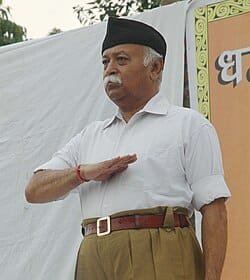The Jammu and Kashmir was once known for its natural diet, fresh vegetables, dry fruits, and an active lifestyle that kept communities healthy and strong. But today, the reality is changing fast. Extra salt in daily tea, heavy rice portions, oily wazwan feasts, and the lure of modern junk food have all begun to put the heartbeat at risk. What is most alarming is that the younger generation is combining both worlds — traditional heavy meals and modern processed snacks — creating a burden on the heart that is appearing earlier in life than ever before.
This is not just about food; it is about a way of life. A society that once thrived in open fields, walked long distances, and saw children play outdoors is now locked indoors with smartphones and vehicles replacing movement. Lack of physical activity is as dangerous as unhealthy food. Together, these choices are quietly fueling hypertension, obesity, and heart disease across families.
The question we must ask is simple: Do we want to hand over to our children a future where heart disease is a common fate? The answer must be a resounding no. And if so, then action cannot wait. Reducing salt in tea, balancing oily feasts with vegetables and lentils, replacing one serving of refined rice with whole grains, and dedicating time every day to walking, cycling, or exercise are small steps that can produce life-changing results.
Culture is our identity, but if culture begins to weaken our health, it becomes a tragedy.
Preserving tradition should mean improving it, not turning it into the root of illness. Protecting the heart is, in truth, protecting families, safeguarding children, and securing the future of the community.
It is time for society to take a collective and serious turn. Schools must promote health education, families must practice balanced diets, and neighborhoods must encourage play and physical activity. Hospitals and medicines alone cannot save our hearts; the real cure lies in our daily choices.
Let us accept that the heart is not just an organ but the rhythm of life itself. If we fail to change today, the next generation will ask us why we did not give them a healthier heart to live with.DD




